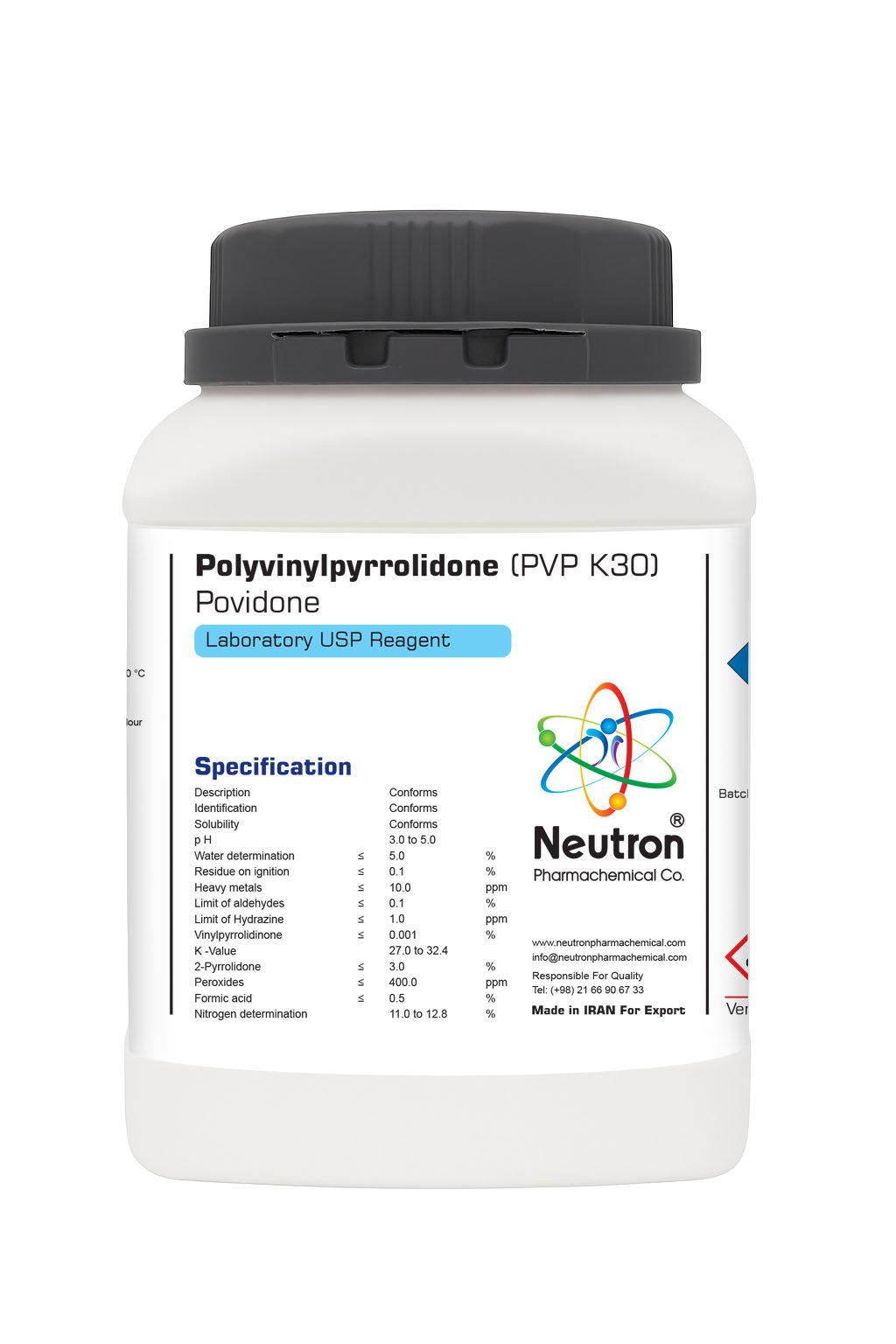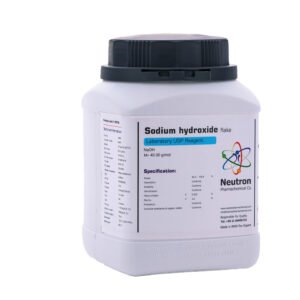Polyvinylpyrrolidone (PVP), also commonly called povidone, is a water-soluble polymer compound made from the monomer N-vinylpyrrolidone. PVP is available in a range of molecular weights and related viscosities, and can be selected according to the desired application properties.
🏭⚗️ Properties
PVP is soluble in water and other polar solvents. For example, it is soluble in various alcohols, such as methanol and ethanol, as well as in more exotic solvents like the deep eutectic solvent formed by choline chloride and urea. When dry it is a light flaky hygroscopic powder, readily absorbing up to 40% of its weight in atmospheric water. In solution, it has excellent wetting properties and readily forms films. This makes it good as a coating or an additive to coatings.
A 2014 study found fluorescent properties of PVP and its oxidized hydrolyzate.
🧪 Uses
There are high-purity injectable grades of PVP available on the market, for specific use in intravenous, intramuscular, and subcutaneous applications.
PVP is a frequently used binder in pharmaceutical tablet formulations. Pharmacokinetic studies in humans and various laboratory animal models indicate no to very little systemic absorption of PVP following oral administration.
PVP added to iodine forms a complex called povidone-iodine that possesses disinfectant properties. This complex is used in various products such as solutions, ointment, pessaries, liquid soaps, and surgical scrubs. It is sold under the trade names Pyodine and Betadine, among others.
⚠️Safety
The U.S. Food and Drug Administration (FDA) has approved this chemical for many uses, and it is generally recognized as safe (GRAS). PVP is included in the Inactive Ingredient Database for use in oral, topical, and injectable formulations.
However, there have been documented cases of allergic reactions to PVP/povidone, particularly regarding subcutaneous (applied under the skin) use and situations where the PVP has come in contact with autologous serum (internal blood fluids) and mucous membranes.





